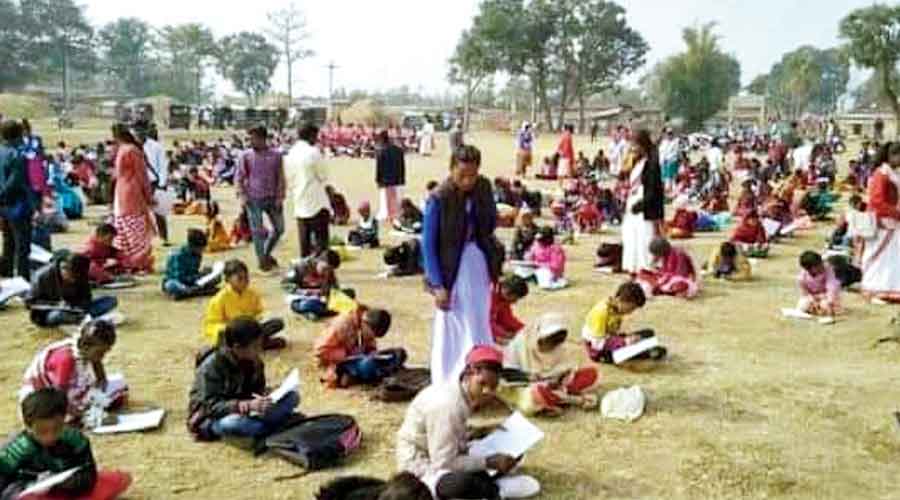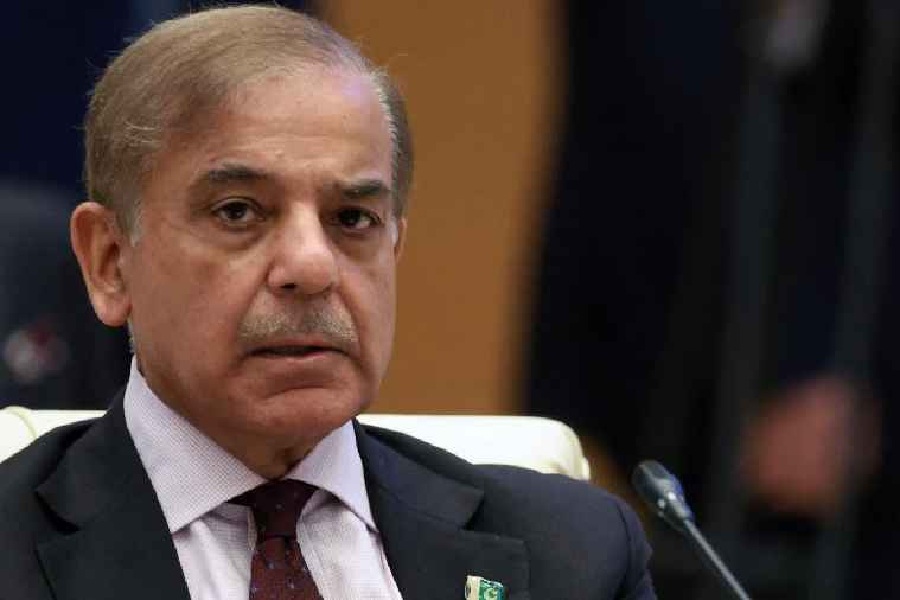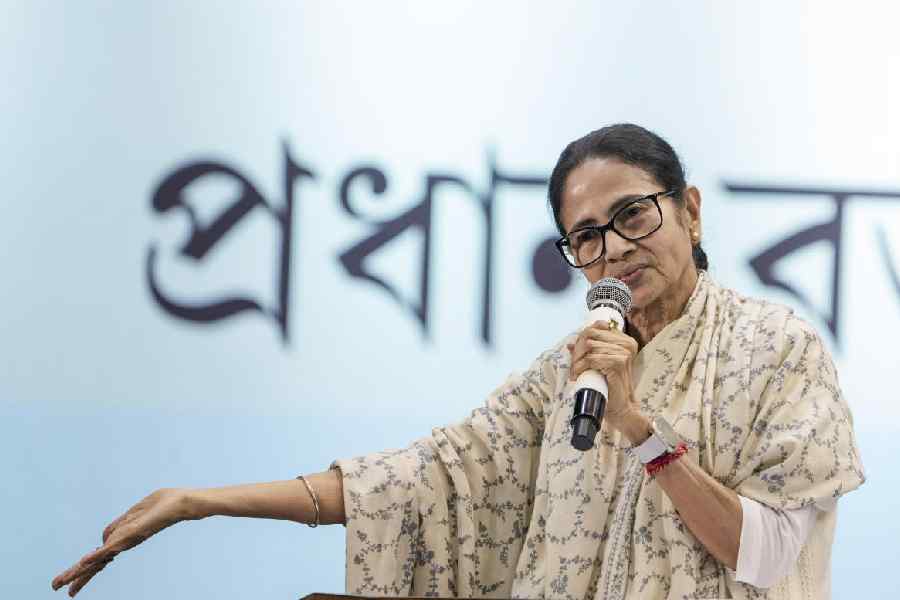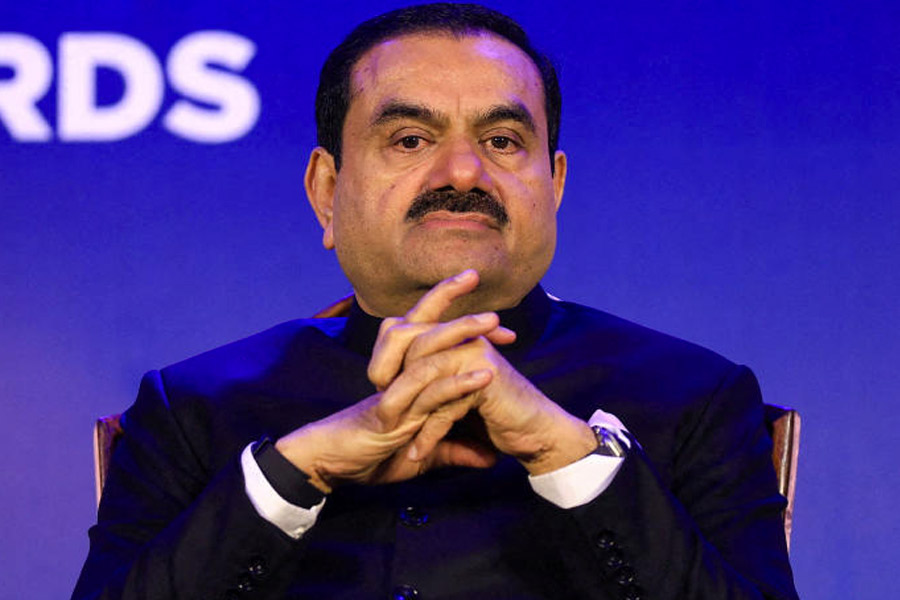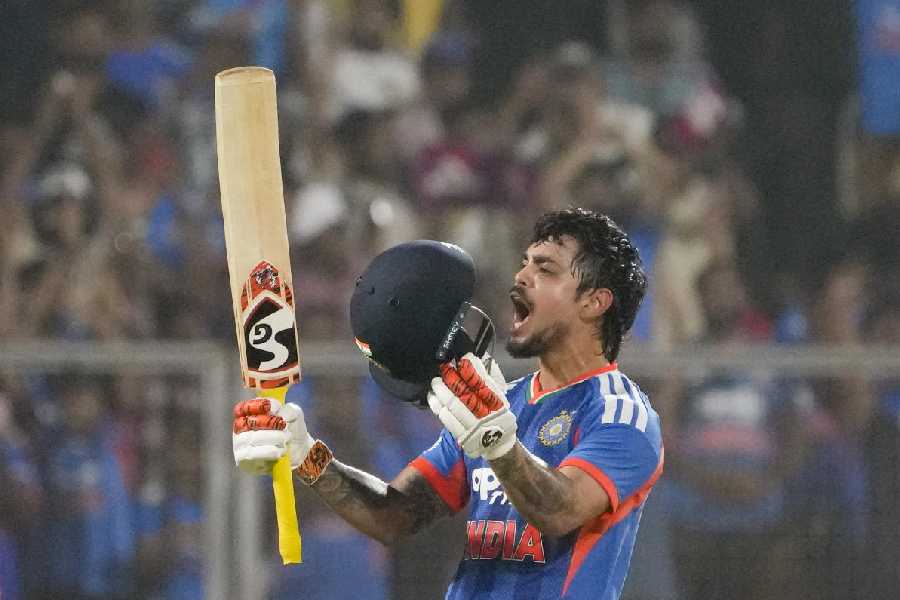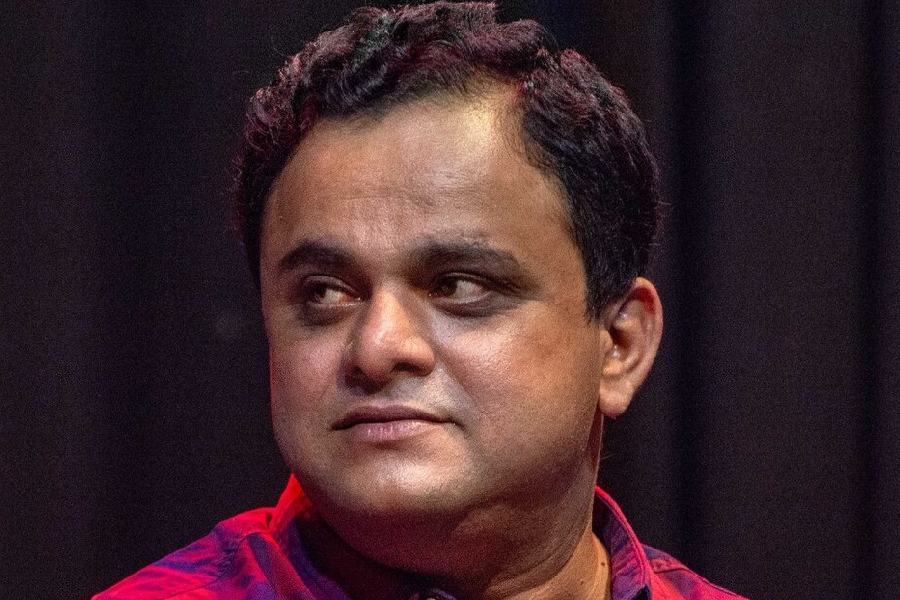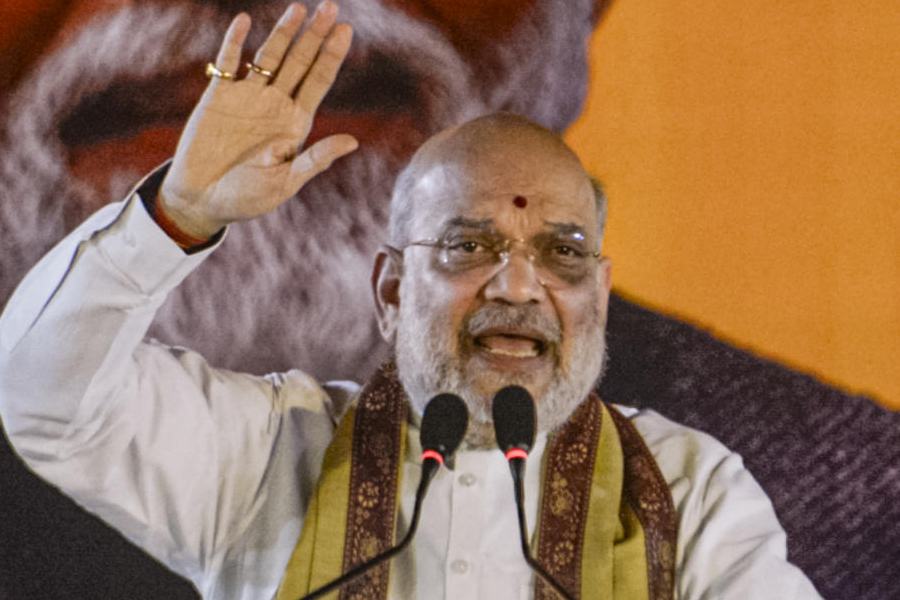The children of over three dozen villages of Chotanagpur, unlike most of their counterparts elsewhere, attended ‘special’ classes regularly during the pandemic.
That was possible because the Akhil Bharatiya Adivasi Vikash Parishad, a social organisation founded a few decades ago by popular tribal leader and former Union minister Kartik Oraon, held such classes regularly, that too in a Covid-appropriate manner.
“Classes were held regularly, barring those days when everything came to a standstill during the peak period of the lockdown last year,” informed Arun Oraon, a former senior IPS officer who tried to rejuvenate the organisation by spreading education among rural children.
They have been organising Ratri Pathshala or special evening classes, for such children of 39 villages spread in Ranchi, Lohardaga and Gumla districts since 2014.
These children are all enrolled as students of Classes I to X in government schools in their respective areas and attend these special classes in the evening.
“We found these children were very weak in Mathematics, Science and English and their continuing higher studies would be really difficult unless they improve in those subjects,” Oraon informed when asked why they had to organise those classes for school going children.
Most of the primary or middle schools have only two teachers one of whom is always busy supervising mid-day meals for the children while the other is often drafted by government for such non-teaching duty such as revising voter list or conducting census, he added to explain the reason behind the sorry state of government-run schools.
“There are about 200 volunteers, mostly college and university students, who conduct these evening classes without expecting any remuneration,” Oraon further informed, adding they could give only an emergency light, a blackboard and two durees (mats) to each of those pathshalas.
“Those classes are organised at anganwadi centres or panchayat bhavans with consent from the controlling authorities at normal time,” he said, adding the lockdown changed everything.
The classes had to be suspended during the peak period of the lockdown but they were also worried that prolonged disconnection with books would be harmful for children.
“So, depending on weather condition, our volunteers shifted Ratri Pathshala to day time and held classes in an open field or a mango grove where children would study while maintaining social distancing,” Oraon said.
They also divided the children in groups according to the classes they studied and taught them in a deferred manner so that a child had to attend classes only twice a week, he added.
“To assess the progress made by those children, we also conducted a test for them that continued for 5 days, beginning June 6, at open spaces,” Oraon informed.
“Those taking classes are good students who care for their community and try to give their best,” he further said, adding they were hopeful that children would be benefitted by attending those classes.
They also had plans to extend the pathshala to other districts of the state and many have already expressed their desire get involved for carrying it on, Oraon further informed.

